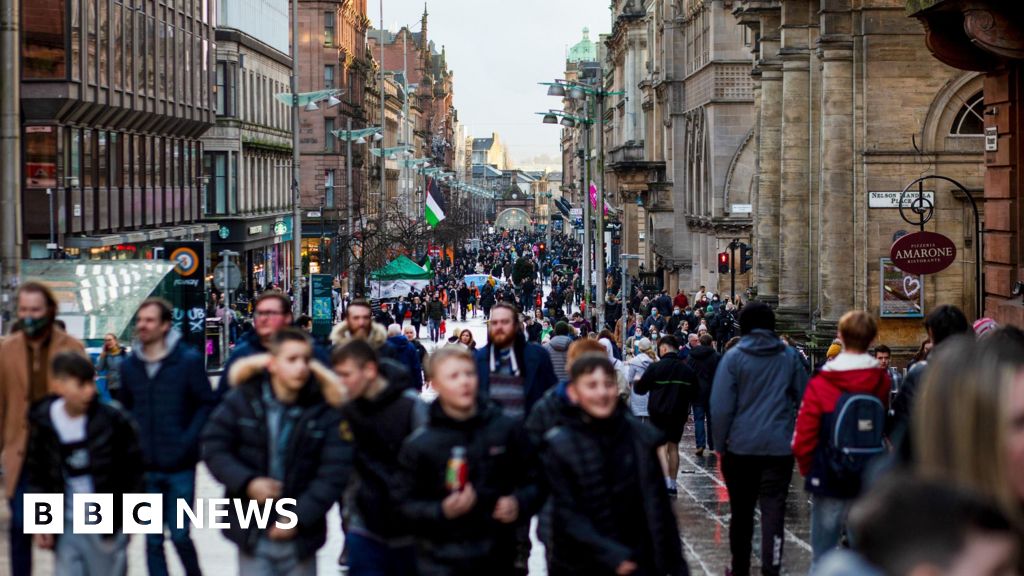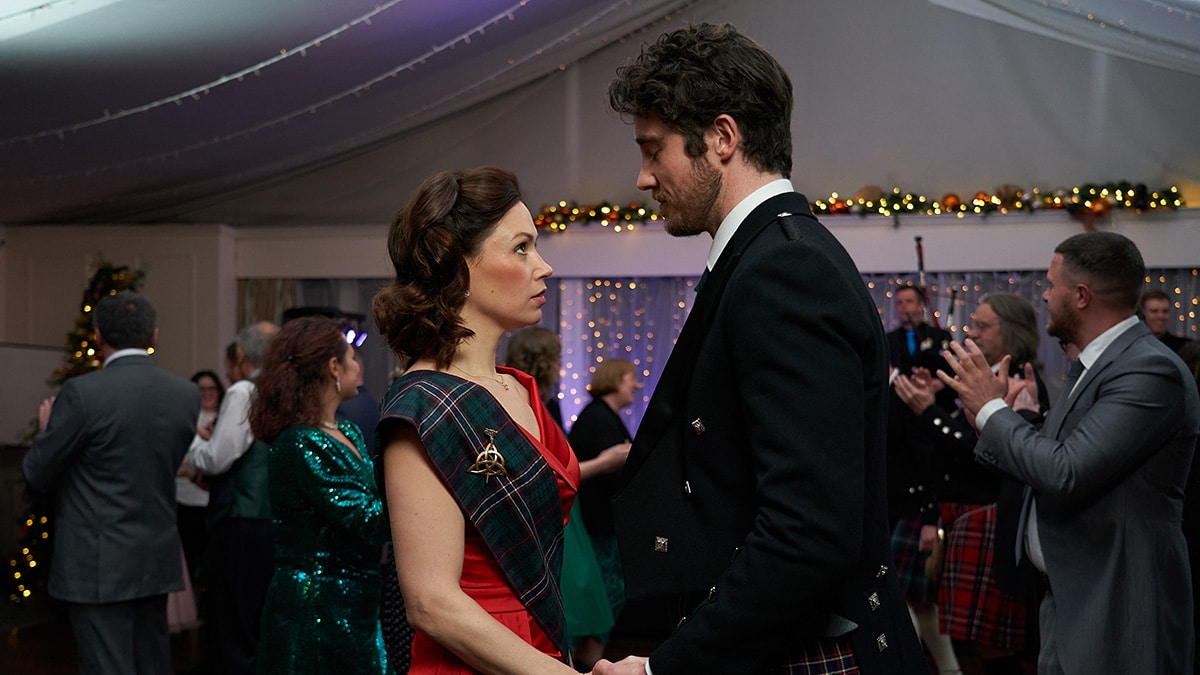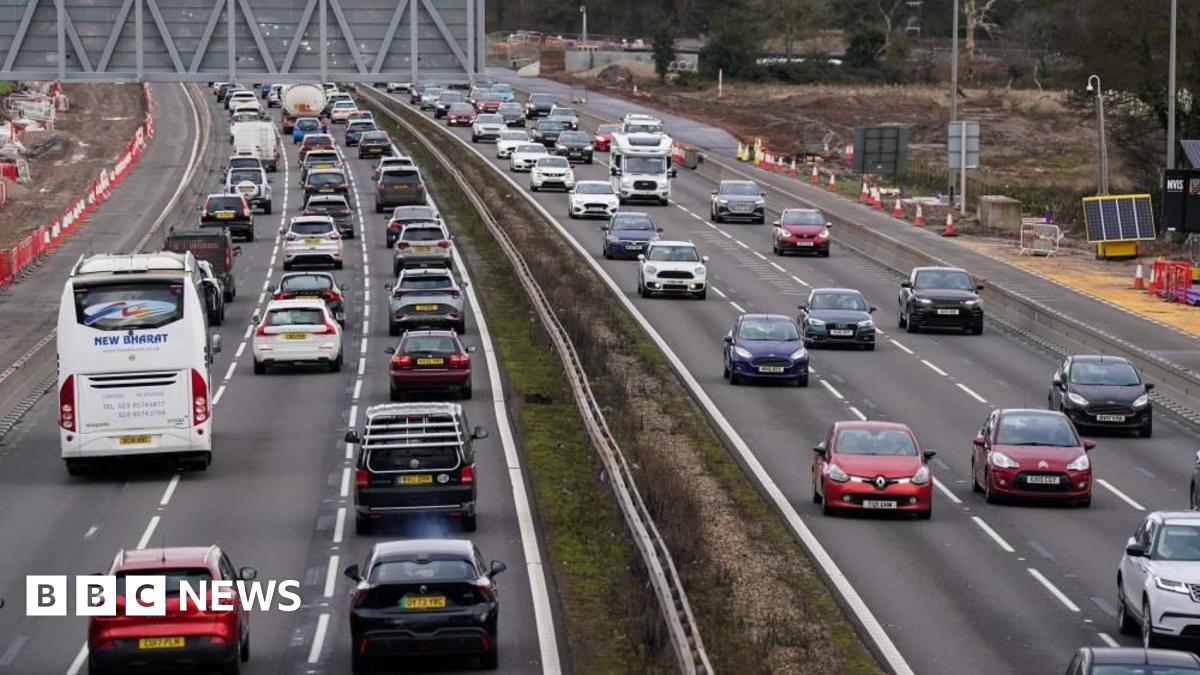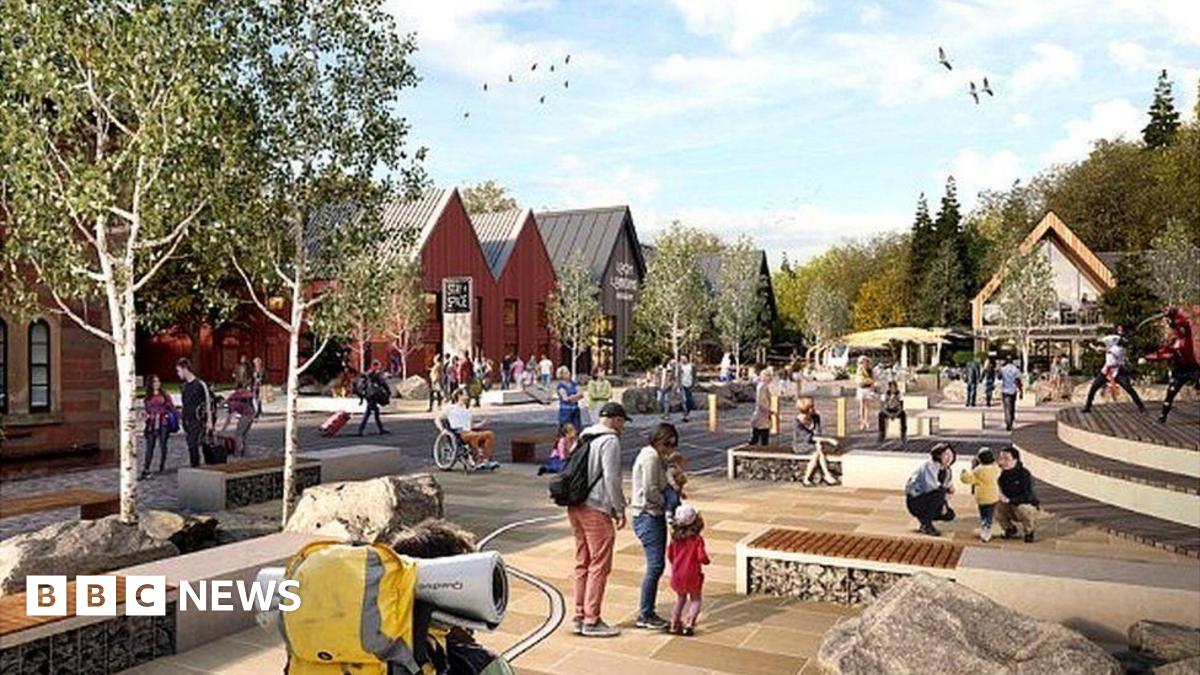Bussiness
Scottish family anger after mum is blocked from fleeing Lebanon
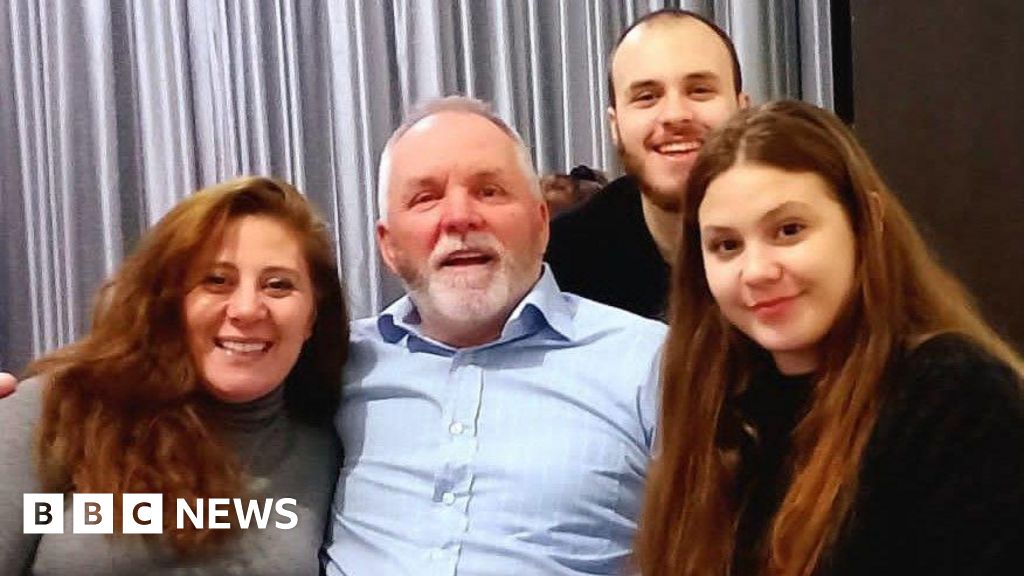
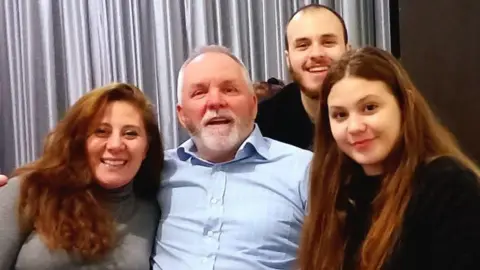 William McCulloch/PA
William McCulloch/PA A Scottish family evacuated from Lebanon have spoken of their anger after their non-British mother was blocked from boarding the flight with two of her children.
Nadia Ayoub McCulloch, 51, and her children Thomas, 19, and Rebecca, 16, attempted to fly out from Beirut-Rafic Hariri International Airport to Birmingham due to the ongoing conflict with Israel which has seen the city bombed.
However, Ms McCulloch was turned away by officials as she does not have a UK passport or visa, meaning only her children were allowed to leave.
Her Scottish husband of 20 years, William McCulloch, 62, now intends to travel back to Lebanon from Iraq in the hope he can reunite with his wife and leave the country together.
He said: “I just don’t understand it. We paid for the three seats, she went to the airport, and she was told that she can’t get on the flight because she didn’t have a visa.
“Rebecca organised everything and she may have been told before she left the house (that Ms McCulloch would be unable to board the flight), but she thought she would just go and try because she wanted to go with the kids, but she was told categorically, no.”
Visa application process
As of last month, there were thought to be between 4,000 and 6,000 UK nationals including dependants, in Lebanon.
More than 250 UK citizens have already left on chartered flights. As of Friday morning, more than 2,000 British nationals had registered their presence in the country, the Foreign Office said.
The UK government is chartering another flight for Britons to leave on Sunday, the fourth such flight organised since the escalation of the conflict in Lebanon.
The Foreign Office said it did not normally comment on individual cases.
The general advice is that spouses of British nationals are eligible to leave on the specially chartered flights but if they are not UK citizens, they must have a valid visa to stay in the UK for more than six months.
A government spokesman said: “We understand this is a worrying time for many. The safety of British nationals in Lebanon is our top priority and we urge everyone to continue to follow our travel advice.
“All non-British nationals requiring a visa will need to make an online visa application and submit their biometrics at a Visa Application Centre, prior to travel to the UK.”
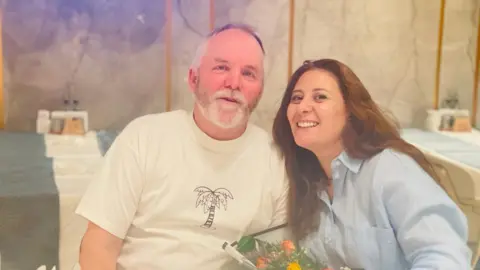 William McCulloch/PA
William McCulloch/PA Mr McCulloch, who has lived in Lebanon since 2002, said the couple were evacuated with Thomas during the 2006 Lebanon war and had “no problem whatsoever” on that occasion.
Mr McCulloch works with humanitarian organisation Norwegian People’s Aid and is currently working to clear unexploded ordnance in Iraq.
He will fly back to Beirut later in October, despite the continuing conflict.
He added: “I have no problems going back into Beirut – if something happens, something happens, but 100% I’m going back to my wife.”
Evacuation charge a ‘low blow’
His son David Hardie, 36, who lives in Carluke, said it was a “a lot of weight” off his shoulders to have his siblings back in Scotland.
He said: “Even when they announced the flight, there was nothing about a ceasefire or how they were going to get to the airport or anything… that was scary for them, because you don’t know when the next bomb is going to hit”.
Mr Hardie said he was “angry” over the visa situation.
He added: “They’ve been married for over 20 years – it’s not like they’ve been married for two or three years, they’ve been married 20 years, and she can’t even get evacuated from a war.”
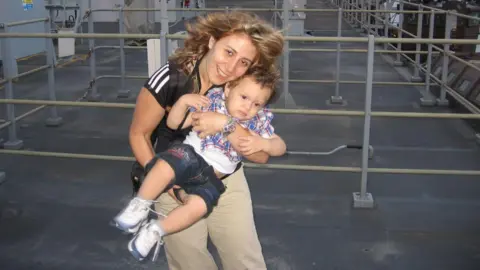 William McCulloch/PA
William McCulloch/PA Mr Hardie also criticised the cost of the UK government flights out of Lebanon, which were £350 per person.
He said the cost was a “low blow”.
Mr Hardie added: “We’re not poor or anything but I still feel like, if you’ve been evacuated from a war-torn country, there should have been more help.
“I think that was a surprise. Like, you get a text message, you click a link, you go in, you sign your name, your passport number, and then at the end, it asks you for £350.
“There might have been families over there who couldn’t afford that.”
The last week has seen a significant escalation of the crisis in the Middle East, with warning that it could develop into a all-out regional war.
Hezbollah leader Hassan Nasrallah has been assassinated, Israel has launched a ground invasion of Lebanon, and Iran has fired nearly 200 ballistic missiles at targets across Israel.




